War in Ukraine: How a demining project is bringing hope to farmers two years on
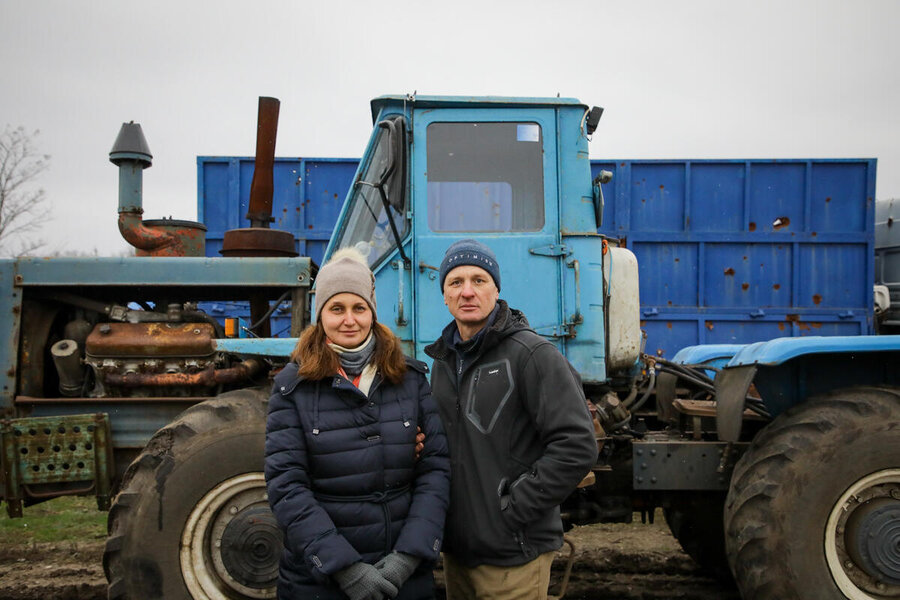
Winter has cast an icy grip over the eastern Ukrainian village of Kamianka. But not so long ago, residents Volodymyr Korniich and his wife Liudmyla would have been looking ahead to spring planting.
Over nearly a quarter century, the couple has slowly expanded their farming business, growing a mix of grains, vegetables and watermelon, and raising chickens, cows and pigs.
But today, their work has ground to a halt. Not because of the harsh weather, but because of landmines. “In this village, we can only feel safe in our own yard,” says Korniich. “When you go outside, there is danger waiting for you.”
As Ukraine enters its third year of war, the country has outstripped Afghanistan and Syria to become the most heavily mined in the world. Roughly 25,000 sq km of agricultural land are potentially strewn with mines and other dangerous debris from the conflict, which have so far killed and maimed hundreds of people.
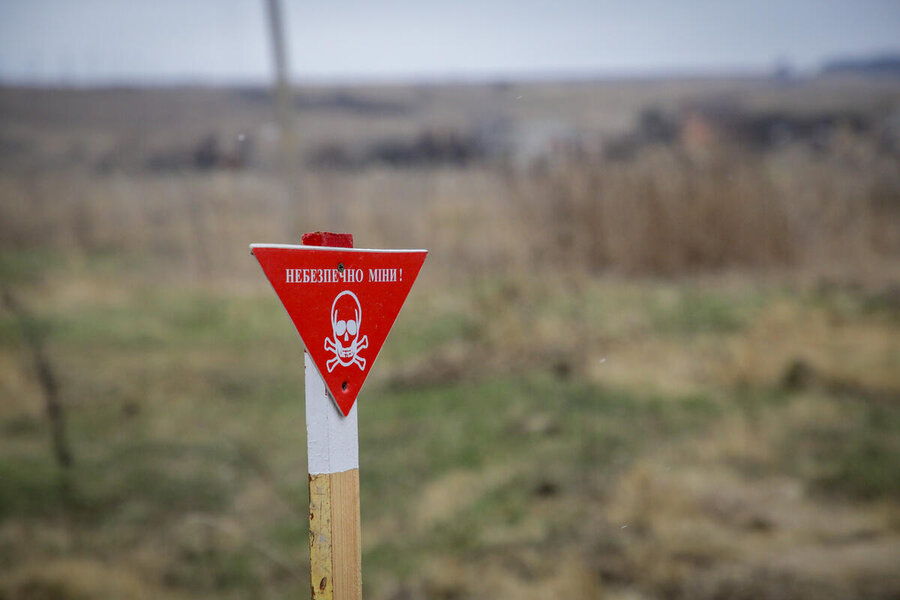
Beyond the risk to human lives, landmines are threatening this agricultural powerhouse that has long been a top grain exporter, contributing to pushing up global grain prices – and poverty.
Smallholder farmers like Korniich – responsible for the vast majority of milk, cattle, fruit and vegetable production in the country and accounting for three-quarters of its food-producing labour force – are especially threatened. Many have halted or reduced their production, and almost all are surviving on dwindling revenues.
But today, a small section of Korniich’s land has been cleared, thanks to a joint demining project run by the World Food Programme (WFP) and the Food and Agricultural Organization of the United Nations (FAO), with support from the Geneva-based NGO Fondation Suisse de Déminage.
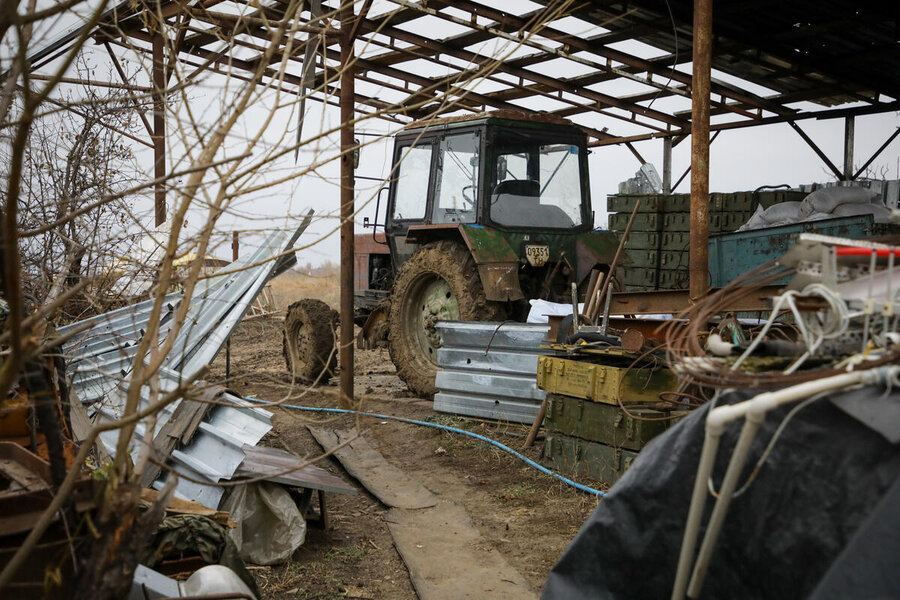
Focusing on smallholders like Korniich who cultivate less than 300 hectares of land – along with rural families growing crops for their own consumption – the programme is initially being rolled out in the eastern Kharkhiv region, with plans to expand to two of Ukraine’s other top farming regions, Mykolaiv and Kherson.
“By restoring mined land to productive use, we can help restore agricultural livelihoods – and, in doing so, phase out the need for humanitarian assistance for thousands of rural families,” says Marianne Ward, WFP Ukraine Country Director ad interim.
More jobs, new hopes
The WFP-FAO demining project is being carried out in close cooperation with rural communities and the Ukrainian authorities, as part of a broader government effort to clear vast swathes of contaminated land. The goal and the price tag are daunting: the World Bank estimates the cost could exceed $US37 billion.
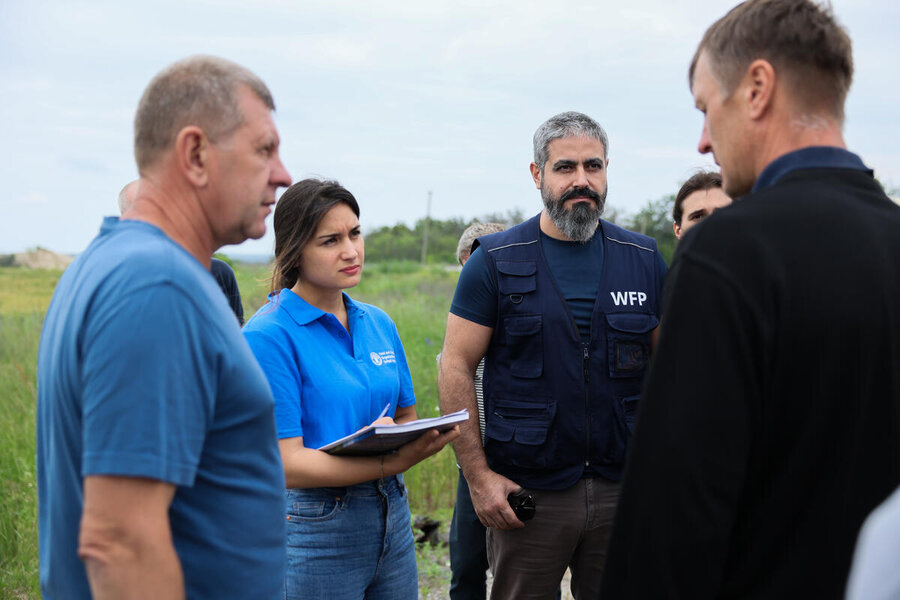
But demining also brings major financial returns. The smallholder-focused project alone could potentially save up to US$60 million in direct food assistance to rural communities – like those living in Kamianka – who struggle to afford food and other basic necessities.
“Demining will ensure access to land for many families who cultivate crops for their own consumption, but also for farmers who sell their produce for a living,” says Maselskiy Ivanovych, who heads the Izium local administration that includes Kamianka. “This can provide jobs, but also increase the budget of territorial communities in the district.”
The WFP-FAO project uses satellite imagery to map out potentially mined land, then dispatches specialized teams to survey and clear it – prioritizing productive areas that can be quickly and safely restored. FAO also assesses specific needs of households and offers financial assistance to participants left destitute by the war.
“This is an opportunity to save those villages in Ukraine that are devastated and destroyed and return a breath of life to them,” says Nina Yarosh, WFP Programme Policy Officer in Kharkiv.
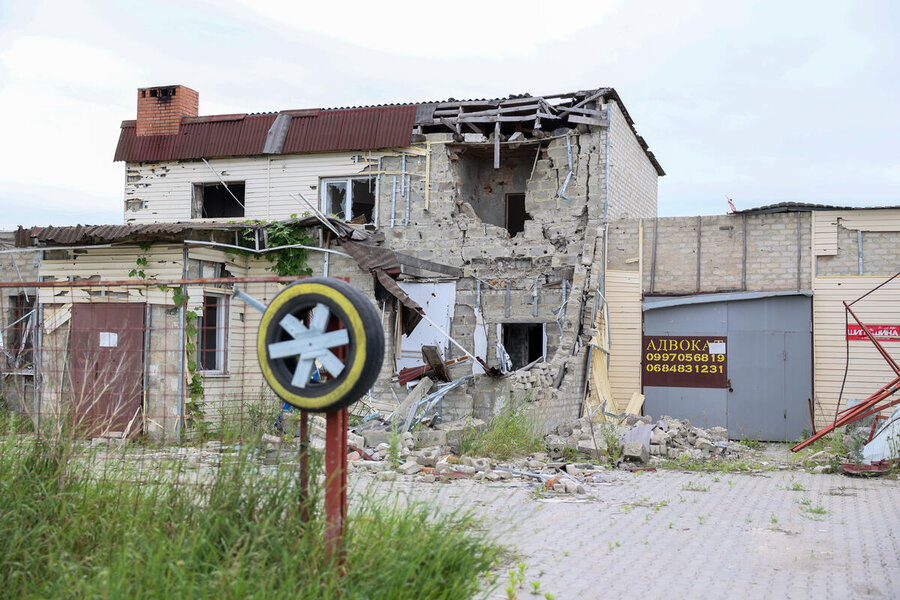
In Kamianka, many of Korniich’s neighbours have left the village for safer places. Others have become war casualties.
“We have people who were wounded,” he says, “people without hope. And people who already lost hope that it would ever be safe to walk here.”
Those who remain are living with dwindling resources. Korniich’s family lives without heat, electricity or gas. One of his three farm labourers left.
Yet today, friends and neighbours displaced by the war are calling him to ask about the progress of the demining, eager to return. “They told me, ‘Volodia, I will be cultivating, I will rebuild here. I don’t want to leave anymore',” he says.
Another local farmer, Tetiiana Lukianko, was evacuated from Kamianka early into the war. She returned home last March.
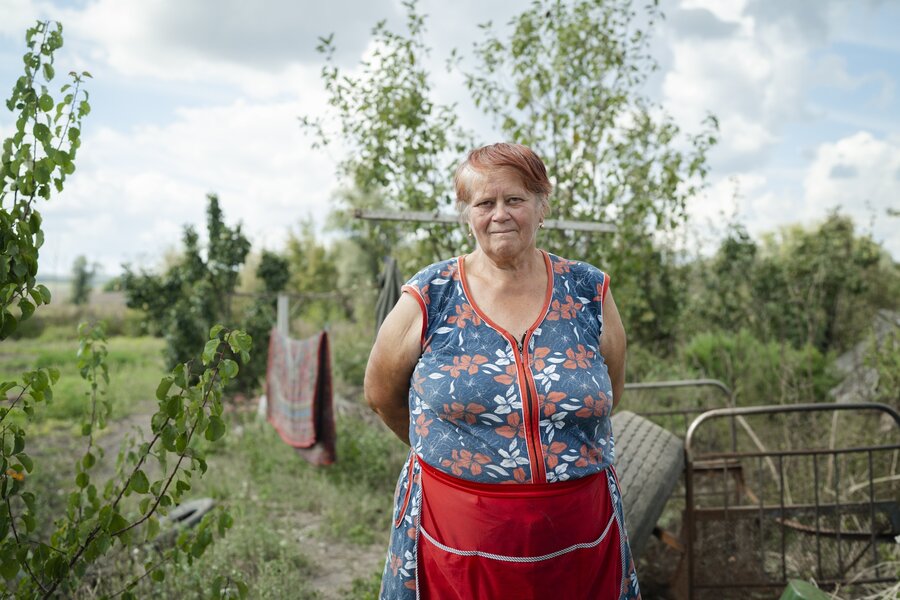
“I found two grenades in my cellar, one in the yard, and one more in the flower garden,” she says.
Lukianko is also on the list for the WFP-FAO demining project. Despite the ongoing conflict, she is hopeful about the future.
“I believe the village will revive,” she says. “It’s a very beautiful village.”
WFP’s mine action project to restore rural livelihoods in Ukraine is funded by Croatia, the Czech Republic, the European Union, Finland, France, Norway, Poland, Private donors and the Ukraine Humanitarian Fund (UHF).
